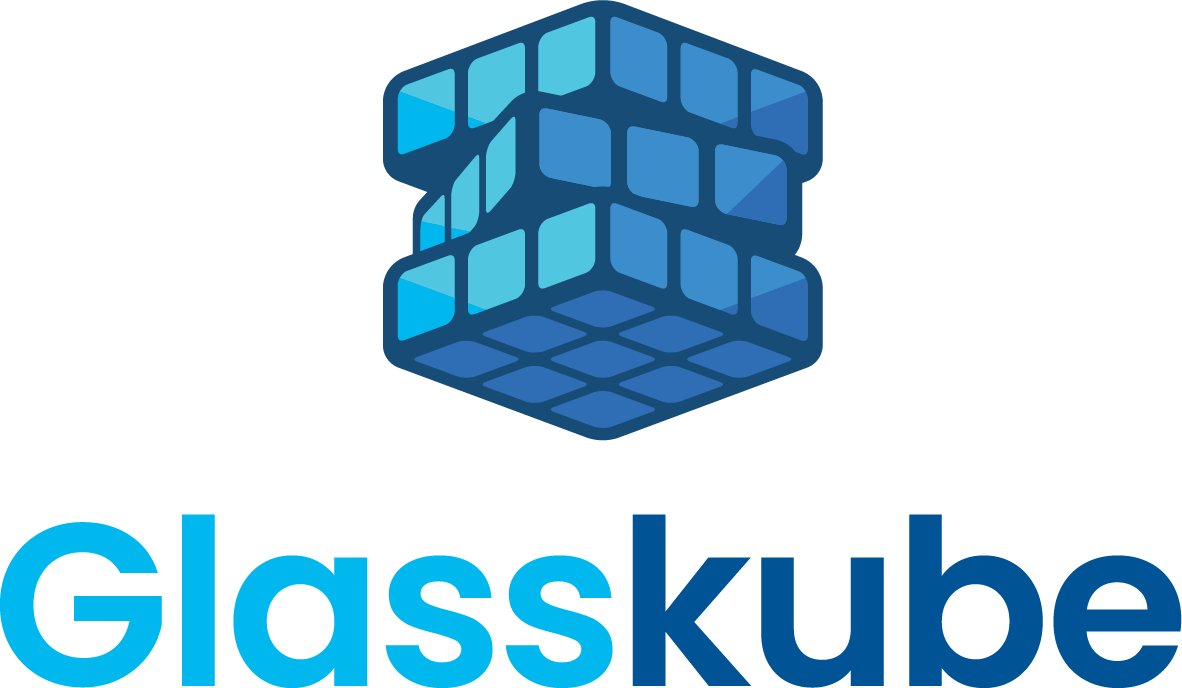Using traditional package managers or applying manifests directly can be super confusing and doesn't scale. Therefore, Glasskube will help you to install your favorite Kubernetes packages using the Glasskube UI for reduced complexity and increased transparency. We are also providing a brew inspired CLI for advanced users. Our packages are dependency aware, as you would expect from a package manager. Designed as a cloud native application, so you can follow your GitOps approach.
- 💡 Streamlined UI and CLI Experience:
We've stripped away unnecessary complexities, providing a simple yet powerful user interface and command-line interface for easy package management. - 🔄 Automated Updates:
Glasskube ensures your Kubernetes packages and apps are always up-to-date, minimizing the manual effort required for maintenance. - 🤝 Dependency Awareness:
We understand the interconnected nature of Kubernetes packages. Glasskube intelligently manages dependencies. - 🛠️ GitOps Ready with ArgoCD or Flux:
Seamlessly integrate Glasskube into your GitOps workflow with support for popular tools like ArgoCD or Flux. - 📦 Central Package Repository:
Keep track of all your packages in one central repository, which a planned feature for custom repositories. - 🔍 Cluster Scan (planned):
Introducing the Cluster Scan feature in a future version, which allows you to detect packages in your cluster, providing valuable insights for better management and upgrade paths. - 🔐 Version Pinning (planned):
With a future version, Glasskube will introduce Version Pinning, gives you control over your package versions.
- Quick Start
- Supported Tools
- How to install your first package
- Architecture Diagram
- Need help?
- Related projects
- How to Contribute
- Supported by
You can install Glasskube via Homebrew:
brew install glasskube/tap/glasskubeFor other installation options check out our install guide.
Once the CLI is installed, the first step is to install the necessary components in your cluster. To do that, run
glasskube bootstrapAfter successfully bootstrapping your cluster, you are ready to start the package manager UI:
glasskube serveThis command will open http://localhost:8580 in your default browser.
Congratulations, you can now explore and install all our available packages! 🎉
- Cert Manager
cert-manager/cert-manager - Ingress-NGINX Controller
kubernetes/ingress-nginx - Kubernetes Dashboard
kubernetes/dashboard - Cyclops
cyclops-ui/cyclops
In the next versions you will be able to install more packages like the Kube-Prometheus-Stack, Velero and the CloudNativePG. With v0.1.0 you will also be able to install apps like GitLab, Keycloak or Hashicorp Vault with the Glasskube Apps Operator. You can find the full list and release schedule in our roadmap
Can't find a package or want your app included in the list? We are always adding new supported packages & apps, so just join us on Discord or open up a new issue and let us know what is missing!
---
title: glasskube install [package]
---
flowchart BT
UI([UI])-- via local server<br>http://localhost:8580 ---Client(Client)
CLI([CLI])-- cobra cli ---Client
Client-- 1. validate package -->Repo[(Public Glasskube<br>Package Repo)]
Client-- 2. create<br>`Package` CR -->Kubernetes(((Kubernetes API)))
subgraph Cluster
Kubernetes-- 3. reconcile<br>`Package` -->PackageController
PackageController-- 4. create `PackageInfo`<br>if not present-->Kubernetes
Kubernetes-- 5. reconcile<br>`PackageInfo`-->PackageInfoController
end
PackageInfoController<-- 6. update package manifest -->Repo
subgraph Cluster
PackageInfoController-- 7. update manifest<br>in `PackageInfo` -->Kubernetes
Kubernetes-- 8. reconcile<br>`PackageInfo` -->PackageController
PackageController-- 9. deploy package -->Kubernetes
end
Kubernetes-- 10. package status -->Client
If you encounter any problems, we will be happy to support you wherever we can on our Discord. For bugs, issues or feature requests fee free to open an issue. We are happy to assist you with anything related to the project.
- Glasskube Apps Operator
glasskube/operator
See the contributing guide for detailed instructions.
Thanks to everyone, that is supporting this project. We are thankful, for evey contribution, no matter its size!

The Glasskube is licensed under the Apache 2.0 license. For more information check the LICENSE file for details.





